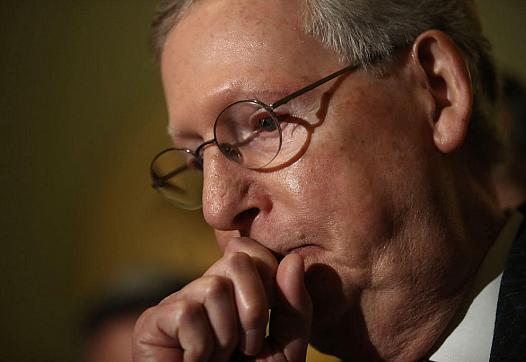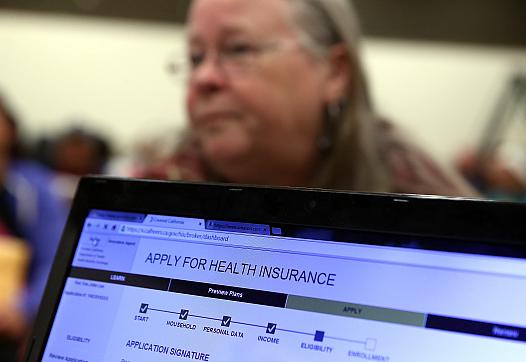
The media’s lopsided focus on the fortunes of the Obamacare exchanges has obscured the far bigger changes Republicans have announced for Medicaid.

The media’s lopsided focus on the fortunes of the Obamacare exchanges has obscured the far bigger changes Republicans have announced for Medicaid.

Genuine conversation between Americans with different political views has become a rare commodity these days. We sought to buck that trend by asking two Americans with different political philosophies to discuss their views.

Instability and sharp premium increases are roiling health exchanges across the country. As insurers submit their rate requests, here's what our expert panel said reporters should bear in mind.

There's been little serious talk about how to bend the health care cost curve in the GOP health reform debate. That means administrative costs and costly coding wars continue to fly under the radar.
![[Photo by Club Paf via Flickr.]](/sites/default/files/styles/teaser_list_thumbnail_large/public/title_images/unnamed_84.jpg?itok=nuOeDtDk)
The American Health Care Act would allow states to charge older adults up to five times more than young people, resulting in much higher premiums for those in their early sixties. Critics call it an "age tax."

As drug manufacturers launch a $100 million campaign in a bid to shift the blame over soaring drug prices, how might reporters best cover this urgent issue?
![[Photo: Andrew Caballero-Reynolds/Getty Images]](/sites/default/files/styles/teaser_list_thumbnail_large/public/title_images/GettyImages-687755610.jpg?itok=g4zNehrQ)
The budget's proposed changes to the Children's Health Insurance Program are dramatic and provoked a waive of despair from children's health advocates this week.
![[Photo by Leo Hidalgo via Flickr.]](/sites/default/files/styles/teaser_list_thumbnail_large/public/title_images/9175762233_29a88f3b2e_z.jpg?itok=hJpys_tt)
History offers us some basic lessons on how well high-risk pools work for insuring sicker enrollees, with preexisting conditions. Their track record is hardly encouraging.

How do you cover issues of transgender health with sensitivity and thoughtfulness? Journalist Keren Landman explains how she got up to speed as she first approached the beat.

Last week, the House narrowly passed the American Health Care Act. We've asked journalists, nonprofit leaders, and health care practitioners to share what they’re hearing from people in their cities and states.